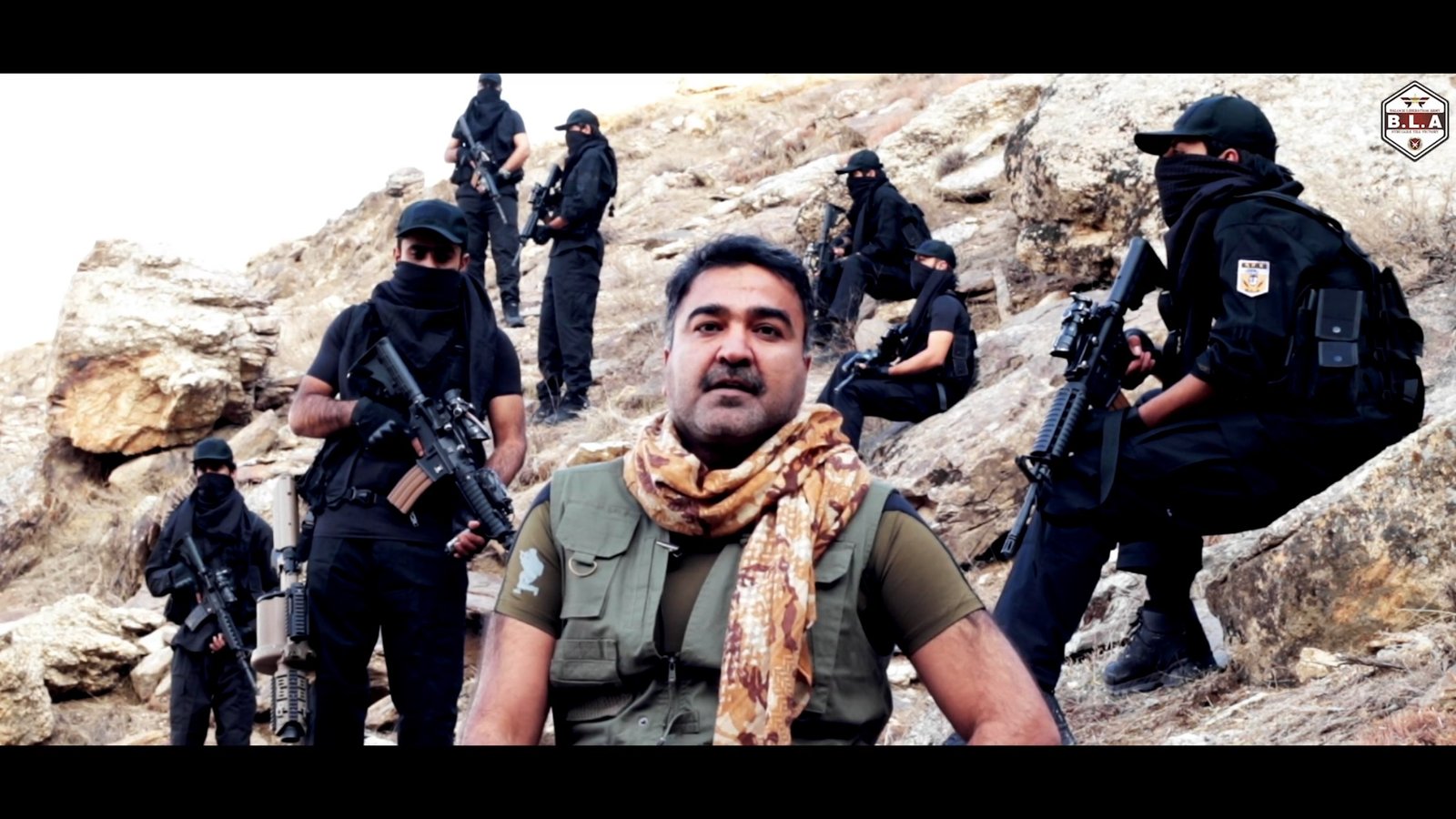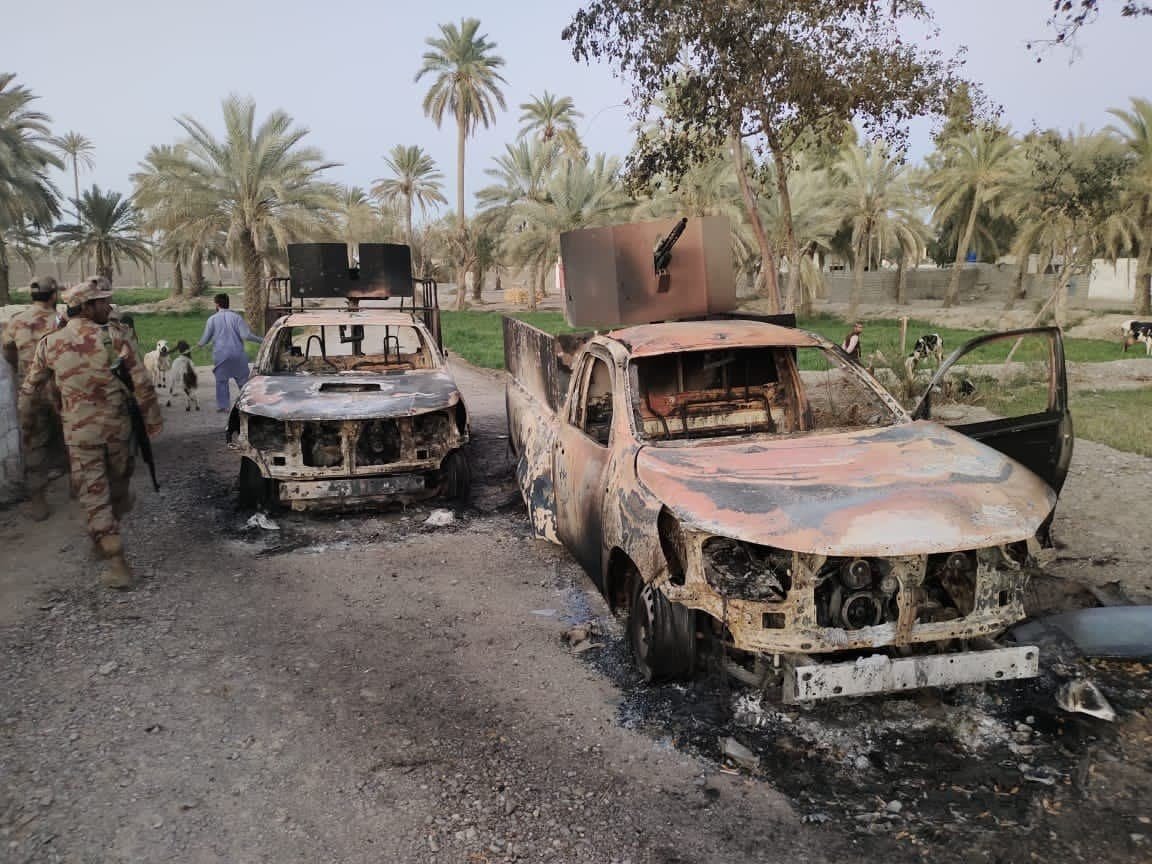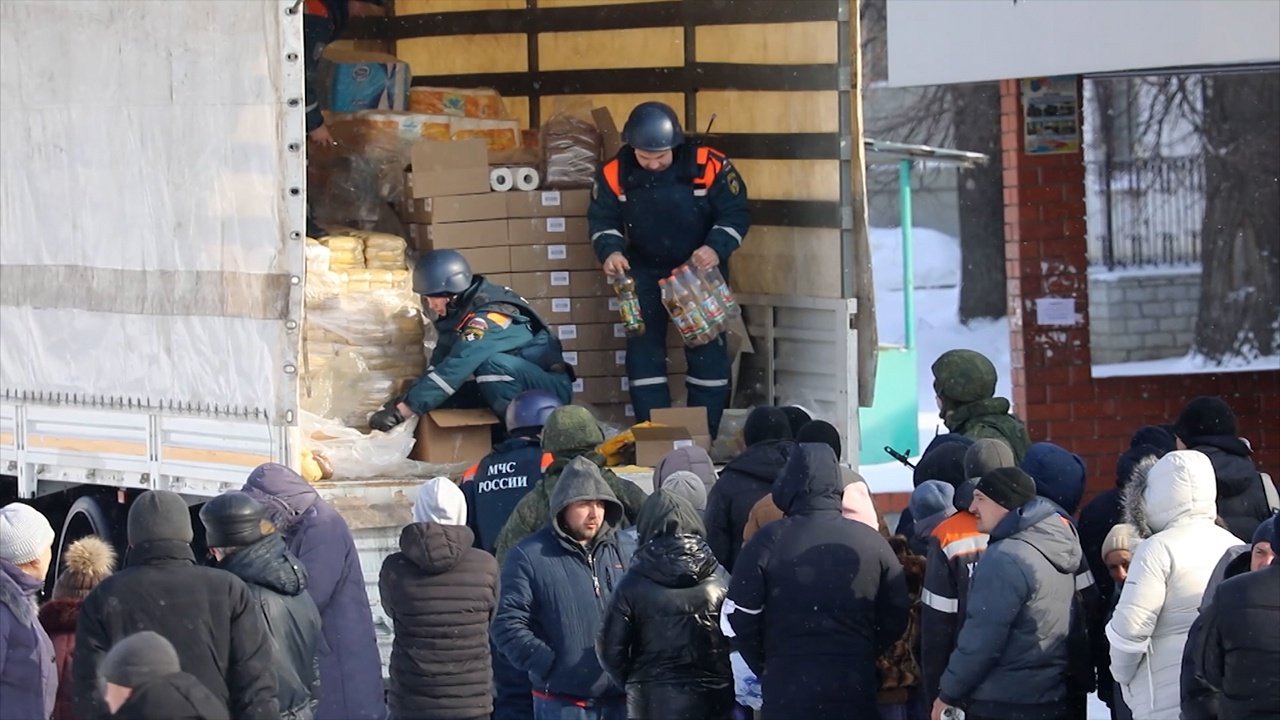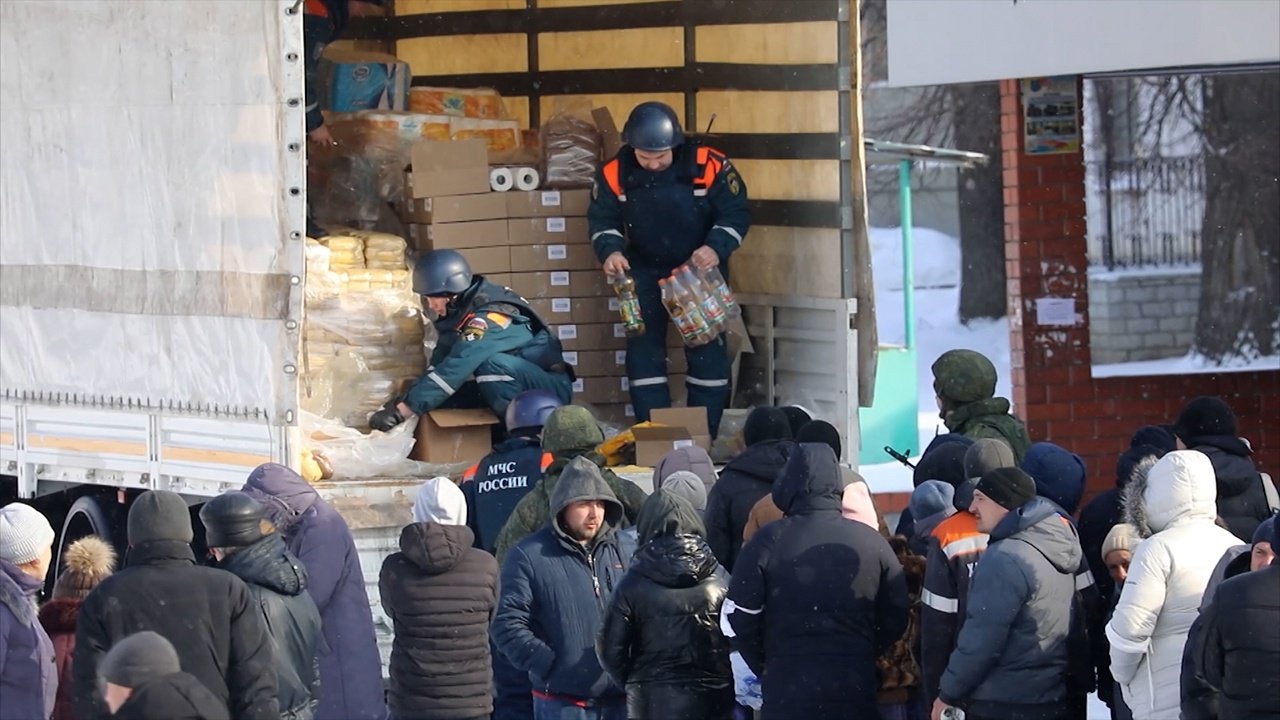“Pakistan A Garrison State” an article written by Mashal Khan Takkar. It is a series covered in three part. Article exposes the Failed state of Pakistan that was created to play the biggest joke in the history with the lives of Baloch, Pashtun, Sindhi People (Sindhis include the Residents of Sindh both Mohajirs and Sindhis). In the first part Pakistan A Garrison State – Part 1 of 3 By Mashal Khan Takkar we covered about the formation of this unnatural state of Pakistan. This part exposes Failed state of Pakistan offering a home base for transnational terrorist networks to initiate wars & Pakistan military elite came to dominate the economic & political systems.
Then why they should be loyal to Pakistan.
In the post–World War II era, war-making has become ever more counterproductive for state capacity.
And Pakistan is the result of the World War II, so Pakistan adopted the same counterproductive war-making policy.
Excessive focus on national security can destroy a state, as it happened in the case of the former Soviet Union.

A warrior state like Pakistan seriously hampered state capacity as well as political and economic development.
Faster economic development in the postwar era has required integration into the global economic order and the adoption of a developmental state strategy, but it does not exist in Pakistan.
States like South Korea and Taiwan have focused on active military preparations to face existential threats. However, neither allowed security to get in the way of prosperity. They offer many public goods to the citizenry such as education, healthcare, universal employment, and a high standard of living.
But Pakistan is going in the opposite direction. Pakistan’s involvement in the proxy wars in Afghanistan and Kashmir has awarded Pakistan as a terrorist state.
Pakistan has always been engaged in by training and sending insurgents into Indian-controlled Kashmir and Afghanistan.
Usually, countries invite specialists from other countries to integrate with the world peaceful system and trade,
but Pakistan invites terrorists, train them and send them back to other countries for terrorist activities.
Other countries export their goods to the world market, but Pakistan is exporting terrorism and proliferating nuclear technology.
Economic growth can be endangered by a developing state’s excessive preoccupation with military and security issues.

Pakistan has not done substantial internal reforms that utilize its workforce for modern industrial purposes and make its domestic market business and welfare friendly.
State building results in the integrative power of the state to invest in its people. But Pakistan has failed to do that.
During ordinary times, citizens want to know what the state can do for their economic and social welfare. But if state elites continuously falter in this mission, they may simply fail to achieve the national cohesion which is essential for building a strong state.
Related Article Pakistan Murderer Of Muslims Or Leader Of Muslim Ummah
Due to the failure of it, Pakistan has been looking for national cohesion till now.
State capacity in today’s worldcan be judged based on the ability of a state to develop and implement policies to provide collective goods such as security, order and welfare to its citizens legitimately and effectively untrammeled by internal or external actors.
Since 1947, Pakistan has been extraordinarily obsessed with security and particularly the military balance with India.
Therefore, Pakistan offers a home base for transnational terrorist networks to initiate wars and crisis to extract territorial concessions. Extremist Islamic groups have become key players in the political system of Pakistan.
War-making have come with strong negatives. It has generated continuous military rule, stunting the growth of a healthy civil society.
More specifically, it has destroyed the chances of democracy and civilian institutions taking roots. It hampers rapid economic growth and creates a garrison state that is bureaucratic and excessively focused on military control over all domains of society.
Related Article Pakistani Army Continues Barbarism in Balochistan: Killing Baloch Point Blank
The enormous focus on external threats has not helped to develop a cohesive nation-state or national unity, but bridging ethnic and political divisions for the sake of defense against India.
Pakistan experiences several ongoing sub-national autonomy movements, because they are deprived of political and economic autonomy and democratic rights.
Pakistan army always seeks military solutions to a political problem.
The blow back effects from these efforts have only increased ethnic and communal problems within Pakistan.
What is most puzzling, is the insufficiency of Islam as a factor in gluing together the Pakistani society. Neither the national security state approach nor the use of religion has pacified the class and ethnic divisions of Pakistan.
Economic benefits have been unevenly divided, making some ethnic groups less successful than others.
Most of the ruling class, including the military elite, has always come from the province of Punjab.
Before East Pakistan’s secession in 1971, the ruling class showed little interest in improving the conditions of Bengalis.

But Pakistan has not learned lesson from it.
The fiercely independent Pashtun tribes in the northwest were never pacified, and the state has not offered a compelling economic or political model to them.
Related Article Is Martial Law Imposed By Fascist Pakistan In Khyber Pakhtunkhwa?
More generally, successive rulers of Pakistan followed policies that negatively impacted political and economic development, integration, and long-term security. As a result, Pakistan has fallen behind in the arena of economic development.
A deeper understanding of Pakistan’s development has immense policy significance in the age of transnational terrorism and nuclear proliferation. In both areas, Pakistan has emerged as the single most important source of challenge.
Since the 1990s, Pakistan has become the world’s biggest hotbed of transnational terrorism, with the collusion of elements of the state. Since 2001, Pakistan has also become the home of al-Qaeda and other terrorist organizations, waging war in Afghanistan.
It has also posed a major challenge in nuclear proliferation, with the A. Q. Khan network illegally transferring nuclear materials to countries such as North Korea, Iran, and Libya.

In the midnight hour of October 4, 2003, it was detected by CIA and MI 6 that Pakistan was sending five containers full of centrifuges to enrich uranium. Despite this enormous discovery, the United States did not do much to get to the bottom of the scandal.
The George W. Bush administration has been accused of hampering investigations by the Swiss authorities by refusing to provide information to arrest key members of the Qadir Khan deadliest ring. Pakistan refused to allow Qadir Khan to be interviewed by US law-enforcement officers or International Atomic Energy Agency IAEA officials.
Despite being the biggest source of nuclear proliferation in the contemporary era? Why then has Pakistan been let off unpunished
Why does it remain one of the largest recipients of American aid? The answer lies in Pakistan’s geostrategic salience and its elite’s willingness and ability to carry out US policy objectives in the region.
Pakistan receives rents for its geopolitical services to the great powers, which has discouraged its leaders from undertaking a more sustainable developmental path.
Related Article The End of Pakistan Finally Visible : Pakistan Proposes formation of New Group of Muslim Nations outside OIC
The phenomenon of “geostrategic curse” is one of the major reasons for Pakistan remaining a typical warrior state which is unable to transform itself into a proper democracy or a developmental state.
Pakistan has simultaneously been blessed and cursed with geostrategic importance for the great powers due to its location and the willingness of its elite to play geopolitical games.
But this geostrategic centrality may have benefited only the military and not ordinary people of Pakistan.
During the Cold War era, Pakistan became a key US ally and beginning in mid1950s, provided base facilities for spying operations against the Soviet Union.
In the 1980s it served as a conduit for the supply of weapons and funds to the Afghan resistance against Soviet occupation.
Participation in the geopolitical competition between the US and USSR brought billions of dollars and modern weapons to Pakistan.
The military and political elites have not used it to innovate in either the economy or the political sphere.
Foreign support was largely sufficient to pay the costs of waging war externally and support the warrior state internally.
In essence, Pakistan became a rentier state, living off the rents provided by its external benefactors for supporting their particular geostrategic goals.
As the military elite came to dominate the economic and political systems, they had the most to lose if any major economic reform efforts were undertaken.
Related Article Naya Pakistan: A Vision OR A Delusion
Thus, the military-bureaucratic elites have little incentive to develop a liberal economic or political order; because then it would only undercut their paramount position in Pakistani society. Pakistan army destroyed democratic institutions, there is no economic development, Because the ruling elites know that foreign powers and agencies will bail them out.
This geostrategic curse explains why an obsessive focus with military security has failed to make Pakistan more secure or economically prosperous.

Pakistan is one of the world’s least effective tax-collecting states. Many of the rich—including the political elite—pay no taxes. The absence of a proper tax regime makes the governments less accountable to the population. Moreover, it reduces the legitimacy of the government as it does not need to develop larger roots in society.
Between 1960 and 2012 Pakistan received 73.1 billion dollars from bilateral and multilateral sources.
Related Article Pakistan A Living Hell for Christians. But Takes Foreign Aid From Christian Countries.
Three-quarters of that amount was for military purposes. Only one-quarter was for development which means that foreign aid has failed to improve the economic conditions in Pakistan.
Pakistan’s alliance relationship with the United States has been pivotal in gaining aid from other nations and international institutions.
The aid has provided legitimacy to the military regimes in particular.
Only the Pakistan Army, civil-military establishment, the political and economic elite mafia of Pakistan have benefited from this aid.
Since September 11, 2001, the Pakistani military has not used most of the funds for fighting terror, as promised. Rather, it has engaged in corrupt practices, rendering counter-terrorism efforts a failure.
A key effect of the “geostrategic curse” is the tendency to continue on the same path of easy money.
The Pakistani elite has played “double games” as a way to extract financial resources from its key allies, especially the United States of America. This is because of a conviction that if the security problem is fully solved then the external ally will shun Pakistan.
The military’s desire to maintain a semi-feudal system that benefited its own class interests resulted in negligible socioeconomic progress.
As the prime beneficiary of the rentier state attributes of the Pakistani economy, the military has displayed little interest in improving the extractive and integrative powers of thestate which let alone transforming Pakistani society.
Foreign economic and military aid, as well as remittances from expatriate Pakistanis, have discouraged the military and civilian elites from undertaking the key economic and social reforms necessary for export-driven growth.
Related Article Corrupt Pakistan Army Generals Fatten As Pakistan Starves : Who Is Pulling Their Strings?
Pakistan never equated economic sovereignty with national sovereignty.
From the beginning, the Pakistani elite failed to offer effective leadership to change the systembecause they regarded foreign alliances and aid as sufficient for maintaining their geopolitical status.
The frequent military coups and subsequent military rule did not help to get out of the geostrategic curse.
The presumed External security threats have been the basis for both Pakistan’s frequent episodes of military rule and its inability to develop a viable democratic order.
Even when civilian governments were in charge, the military never gave up control, resulting in a hybrid governance structure.
As a result of this preoccupation with security, the military became the strongest political and economic actor in Pakistan.
Active involvement in proxy wars and insurgencies such as in Afghanistan and Kashmir created a massive infrastructure for terrorism and violence. As a result, parallel forms of authority emerged over time. The state has not been able to assert its power over civil society.
Related Article Islamist Radical Terroristan Pakistan Responsible for Bleeding Kashmir
The military has also emerged as a key economic force in Pakistani society.
Senior military officers are given land grants by the state, and over the years they have emerged as a major land-owning class. They have presence in all other key businesses as well.
Related Article Boycott Fauji Foundation Products : Sindhudesh Freedom Fighters
Since the 1980s, the military has also made pacts with radical Islamic and ethnic-based groups with no interest in modernizing society.
Pakistan has been using these groups for their terrorist activities in Afghanistan and Kashmir. These extremist groups do seek social transformation but not on a developmental path. Instead, they hope to transform Pakistan into a bastion of fundamentalist Islam.
Related Article Afghanistan Army Killed 1074 Pakistan Sponsored Taliban Terrorists in Last 21 days
The perceived existential rivalry with a larger India and the desire to achieve strategic parity with this neighbor, is the main source of the Pakistani elite’s mindset. According to this logic, the chief national security problem is the military threat from India.
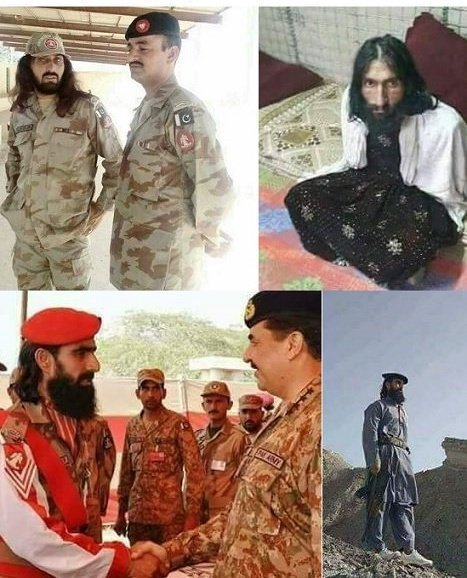
This threat requires the army to hold the dominant position in domestic society, both in terms of political clout and resource allocation.
Pakistan is a state built for the protection of Muslim interests (largely Sunni) and not other religious groups. This means minorities within the country are expected to accept a subsidiary role.
According to the mindset of Pakistan army, civil-military establishment and mafia elites, Pakistan was built on Islamic principles so it should also strive for the protection of Islamic ideas and fellow Muslim countries on a global scale.
According to the Pakistani mindset, Afghanistan should under all circumstances be brought within the Pakistani orbit, to avoid the risk that India make it its ally and thereby upset Pakistan’s security on both borders.
Finally, peace with India and Afghanistan is desirable, but only if they concede territory and largely on Pakistani terms.
Related Article Afghanistan Security Forces Killed 1186 Pakistan Supported Taliban Terrorists In Last 11 Days
State civil-military elites encourage the army to pursue a military-first approach to the problem. The warrior state flows directly from this logic.
About the Author: Mashal Khan Takkar, from Peshawar Pakistan.
M.Sc. Electrical Engineer, Politician, Poet, Writer, Broadcaster, Freedom fighter. He can be contacted on twitter via his twitter handle @Mashaltakkar

Founder of Great Afghanistan Movement (GAM), which has one point agenda to liberate Afghan land from Durand line to Indus Rive and make Great Afghanistan from Indus River to Oxus River.
Here is what Pakistan Army has to say about Mashal Khan Takkar
Points to Ponder
Should the International Community despite knowing that Pakistan is responsible for the War in Afghanistan and feeding the Terrorist Infrastructure, shouldn’t they isolate Pakistan and impose sanctions until it give up the Terrorist Producing Infrastructure in Pakistan?
Calculate the cost of war against Terrorism incurred by the United States and its Allies. Instead of handling the source of the problem that was Pakistan that provided a conducive atmosphere for these Terrorists to infest the Indo-Afghan region, the War Against Terrorism focused on the territory where these Terrorists operated while leaving the Terrorist Producing Factory in Pakistan Intact.
Why are European Countries still giving economic aid and trade concessions to the Terrorist Nation Pakistan?
Follow us at:-
Twitter Handle: @newscomworld
Instagram Handle: @newscomworld
Parler Handle: @newscommuniquecom
Subscribe our : YouTube Channel https://www.youtube.com/channel/UCnKJQ3gFsRVWpvdjnntQoAA
Like our Facebook Page https://www.facebook.com/NewsComWorld
3,529 total views


